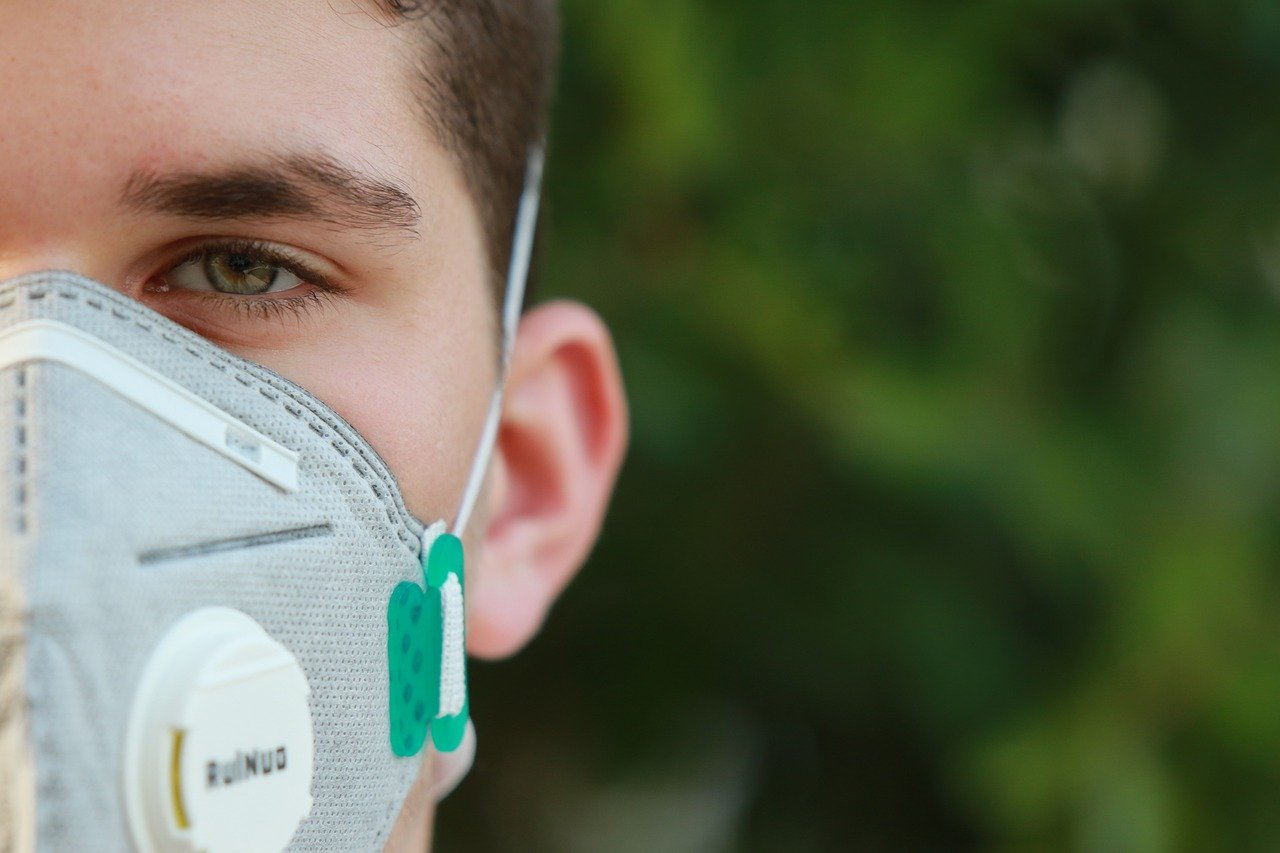
The U.S. Centers for Disease Control and Prevention (CDC) changed its guidance about the use of hydroxychloroquine, a drug being promoted by U.S. President Donald Trump as a potential treatment for COVID-19.
The agency removed its reference to anecdotal dosages to establish that there are no approved drugs for dealing with the coronavirus yet.
The update of the online advice for hydroxychloroquine on April 7 came three days after Reuters suggested that the CDC was providing what the news outlet described as "highly unusual guidance" for the drug's use based on "unattributed anecdotes rather than peer-reviewed science."
The newly edited guidance simply clarifies that "hydroxychloroquine and chloroquine are under investigation in clinical trials” for use on coronavirus patients and "there are no drugs or other therapeutics approved by the U.S. Food and Drug Administration to prevent or treat COVID-19."
The CDC initially told Reuters that the first guidance was made for doctors based on the request of a White House coronavirus task force.
Hydroxychloroquine, the anti-malarial drug, was touted by Trump, who claimed that it can potentially fight the COVID-19 virus. He said “there are some very strong, powerful signs” of its potential.
While experts note that there is limited data on the drug's effectiveness, and it may need more studies, Trump said recently that “if it does work, it would be a shame we did not do it early.”
“But what do I know? I’m not a doctor," he added.
This week, Trump mentioned that the federal government bought and stockpiled 29 million pills of the drug.
“We are sending them to various labs, our military, we’re sending them to the hospitals,” he said.
However, Trump's key advisers have different opinions about the drug's effectiveness.
Dr. Anthony Fauci, director of the National Institute of Allergy and Infectious Diseases, said that “The data are really, just, at best, suggestive.”
“There have been cases that show there may be an effect, and there are others to show there's no effect," Fauci said during an interview with CBS's "Face the Nation. "So, I think in terms of science, I don't think we could definitively say it works.”
Meanwhile, Peter Navarro, the top trade and manufacturing aide to the president, told CNN's John Berman that he considers the necessity of a "second opinion" about hydroxychloroquine as a treatment.
"I let (Fauci) speak for himself, John, but I would have two words for you: second opinion," Navarro said. "Doctors disagree about things all the time."
The CDC points out that hydroxychloroquine is an arthritis medicine that can prevent or treat malaria. It is also used to treat rheumatoid arthritis and lupus.
Trump once cited a small study from France, which examined the effect of the drug on a couple dozen patients. Findings showed that the drug, combined with common antibiotics, was effective in fighting COVID-19. Meanwhile, a subsequent study of 80 patients in France revealed clinical improvement in all but one.
On the other hand, experts criticize the structure of the studies as well as the lack of information on drug side effects.
“We often see antiviral therapies (that are promising) in the test tube and animal models. But before we give it to patients with confidence, we really need to see the data in humans,” said Jeffrey Klausner, a professor of medicine and public health at the University of California-Los Angeles.
Elisabeth Bik, a microbiologist and scientific integrity consultant behind the medical blog Science Integrity Digest, claims it is "very unusual for the CDC to promote a drug that has no proven ability to cure or prevent a disease."
"The CDC is one of the most reliable sources in this country, and their online information is usually very well curated and trustworthy," Bik says, speculating that the CDC might have initially felt pressure "from high-level leadership."
"So it looks as if the CDC is indeed listening and responding to these concerns by changing their statement and removing the recommended dosages," said Bik, who has challenged the findings of a French study of the drug. "I applaud them for doing the right thing."






